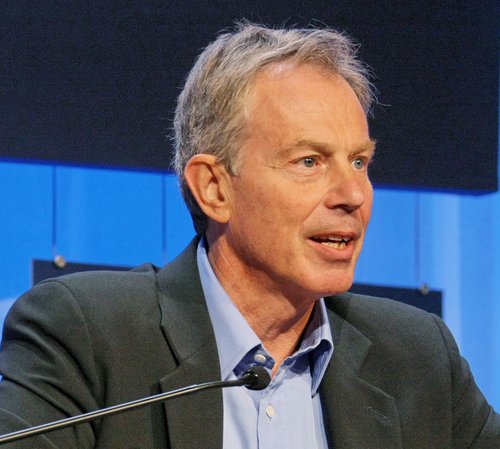Britain's former prime minister, Tony Blair, kicked off the Schwab Impact 2011 conference with a sober assessment of the challenges raised by the Arab Spring and expressed concern that short-term political considerations could thwart long-term solutions to problems facing the global economy.
Tony Blair, former prime minister of the U.K., kicked off the Charles Schwab & Co. Inc.’s Impact 2011 conference in San Francisco this morning with the first keynote address. He provided a sober assessment of the challenges raised by the Arab Spring and the continuing conflicts in the Middle East. He also expressed concern that short-term political considerations could thwart long-term solutions to the multiple problems facing the global economy.
"On every front, the world is now defined by uncertainty, anxiety and anger. The challenge is to get the right answers to these problems," he said to a standing-room-only crowd at The Moscone Center. "There's a real danger that short-term politics gets in the way of the best long-term solutions for the future of our countries."
He said the crisis gripping the eurozone has exposed long-standing problems and accelerated the need to deal with them. "The eurozone has to have fiscal coordination along with monetary union," he said. He did not handicap the chances of an agreement to achieve that.
He also said that countries and politicians need to move beyond the questions of who is to blame for the financial crisis and how we prevent another crisis from recurring. "It's not sensible to keep asking these questions. The question we need to address is: How do we get the economy moving again and how will we create jobs?"
The former British PM said the key to achieving that is to make the business community a partner in the process. "The cash reserves of companies are significant, but the only way they'll invest their cash is if they feel they are part of the process."
To a question from the audience, Mr. Blair was somewhat dismissive of the Occupy Wall Street movement. "I sympathize with the feelings of anxiety and anger, but protest is not policy, and some of their demands would make things worse," he said. "Those who shout the loudest don't necessarily deserve to be heard the most."
Still, Mr. Blair gave a rousing defense of Western democratic values in answering a question on the uncertain evolution of the Arab Spring and of regime changes in Middle Eastern countries. "Democracy is not just a constitutional framework; it's an attitude of mind. It's pluralistic and open-minded. The freedom of speech, and the freedom to criticize, is as important as the freedom to vote."







